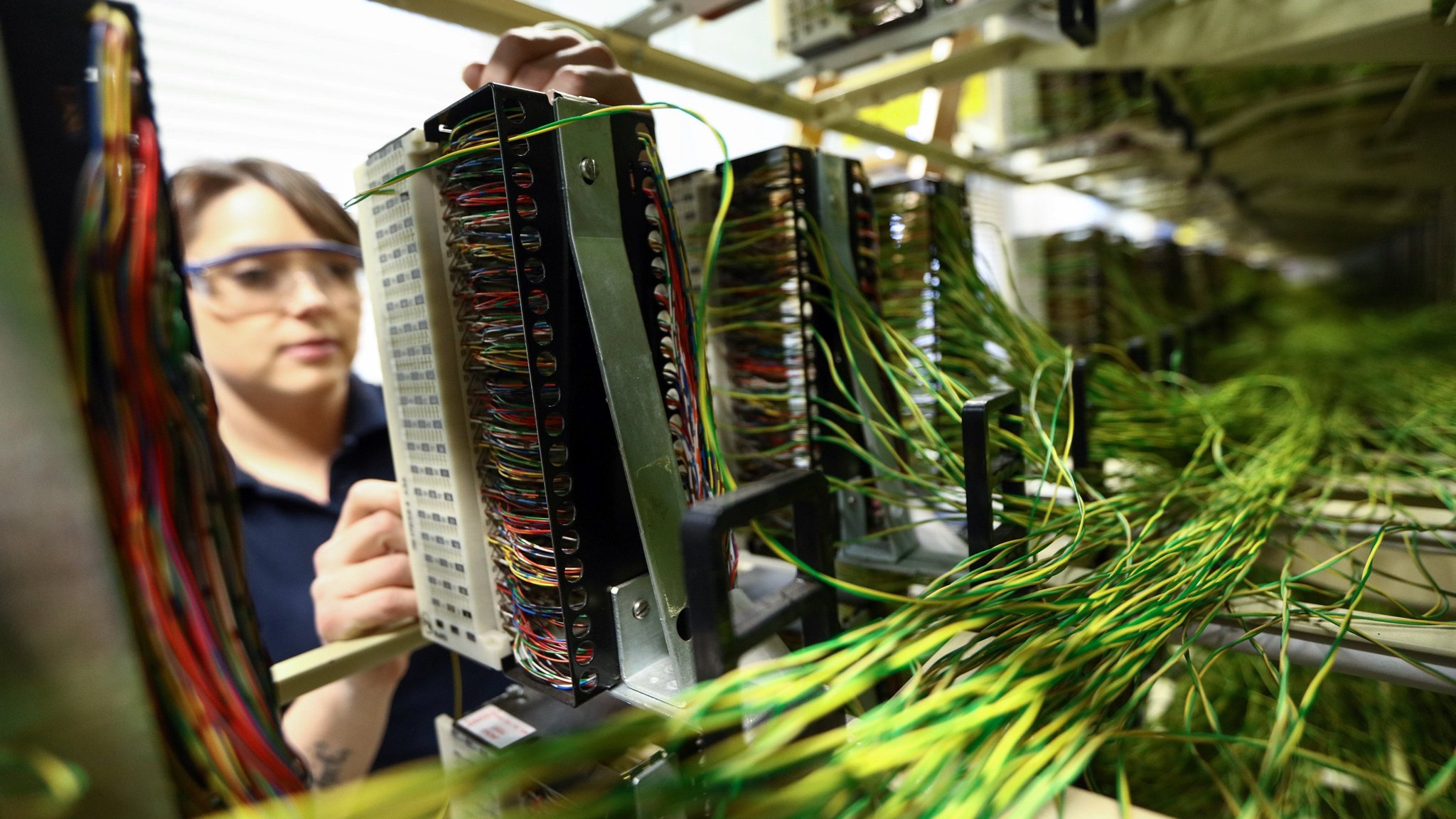BT told to share network with rivals for full fibre

To hasten the availability of ultra-fast broadband, regulator Ofcom has published several new regulations that make it less expensive for Internet providers to set up the required infrastructure. The regulations also require BT to allow competing Internet providers to use its underground tunnels and telegraph poles.
Ofcom estimates that the new regulations could reduce the cost of installing fibre cables by about 50 per cent and decrease the time needed to dig trenches for laying cables. The process of laying fibre cables will now only take a few hours, presenting commuters with fewer roadworks to deal with on their way to their jobs.
The new regulations also require BT to publish a digital map of its pole and tunnel networks so that its competitors will know where to install their planned fibre networks. Also, BT’s Openreach will need to repair its fibre infrastructure and keep tunnel networks accessible. It now faces limits on what it can charge telecoms companies for its services.
The intent of these regulations is to limit the power that Openreach has on the rollout of full fibre and minimise the cost impact on consumers. BBC News estimates that the installation cost for residential full fibre will fall from £500 to £250.
In response to Ofcom’s announcement, BT issued a statement saying that it has “noted” the regulations and that the changes will reduce Openreach’s 2018/19 financial year profit and revenue anywhere from £80m to £120m.
Hyperoptic and TalkTalk both issued statements welcoming the changes. Consumer watchdog Which? said that the types of changes proposed by Ofcom should have begun sooner to stimulate increased investment in much-needed full-fibre services.
